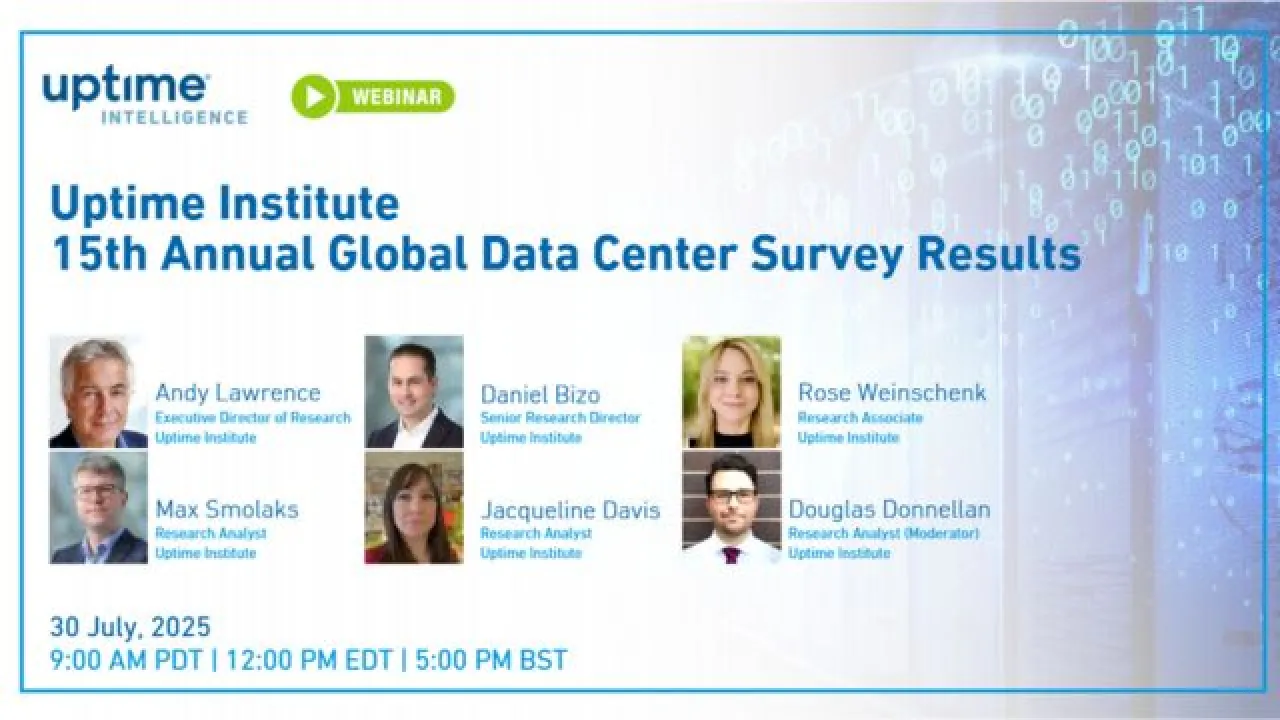China wants to expand its data center capacity, and to achieve net-zero emissions. To this end, the nation is regulating for efficiency and renewable energy, as well as harnessing centralized control, to balance growth with sustainability.
filters
Explore All Topics
Uptime's 2025 cooling survey found that fewer respondents cited sustainability as a primary driver for direct liquid cooling (DLC). Gradual advancement of DLC plans may be refining operator understanding of its incentives.
The public wants to understand data center resource use and performance metrics. Data center operators need to propose a label format that shares appropriate performance metrics while protecting confidential information.
Currently, the most straightforward way to support DLC loads in many data centers is to use existing air-cooling infrastructure combined with air-cooled CDUs.
This report analyzes facility-level PUE data from the Global Data Center Survey 2025, highlighting differences by region, facility size and age. It assesses the vulnerability of the industry to PUE minimum performance standards.
Large-scale AI training is an application of supercomputing. Supercomputing experts at the Yotta 2025 conference agree that operators need to optimize AI training efficiency and develop metrics to account for utilized power.
Fewer people in the industry are talking about sustainability. But why has the collection of data also declined, when such data is often required by reporting regimes?
French operators must consider three regulatory sustainability reporting frameworks and a policy for tax incentives. A proposed law will fast-track facilities of national interest, potentially overriding local environmental protections.
Sodium-ion batteries promised a third battery option to lead-acid and lithium-ion batteries. The closure of Natron Energy means operators will need to look elsewhere.
The Netherlands have published the data center EED information and KPI forms for the 2024 operating year. However, the data set from the 104 facilities that reported data has limited value due to incomplete submissions.
The data center industry will benefit from the race between Intel and AMD for technical supremacy, but the outlook in terms of power efficiency remains challenging.
This report provides a regional view of the results from the Uptime Institute Global Data Center Survey 2025 and highlights some of the different challenges and strategies of data center owners and operators across the globe.
The projected tripling of data center capacity calls into question the industry's commitment to sustainability. The growth creates an opportunity to build out energy- and water-efficient infrastructure and increase carbon-free energy use.
The European Commission is looking to revise the technical criteria for data centers under its taxonomy for financial sustainability to define what qualifies a data center as being environmentally sustainable.
The Uptime Institute Global Data Center Survey, now in its 15th year, is the most comprehensive and longest-running study of its kind. The findings in this report highlight the practices and experiences of data center owners and operators in the…
 Peter Judge
Peter Judge
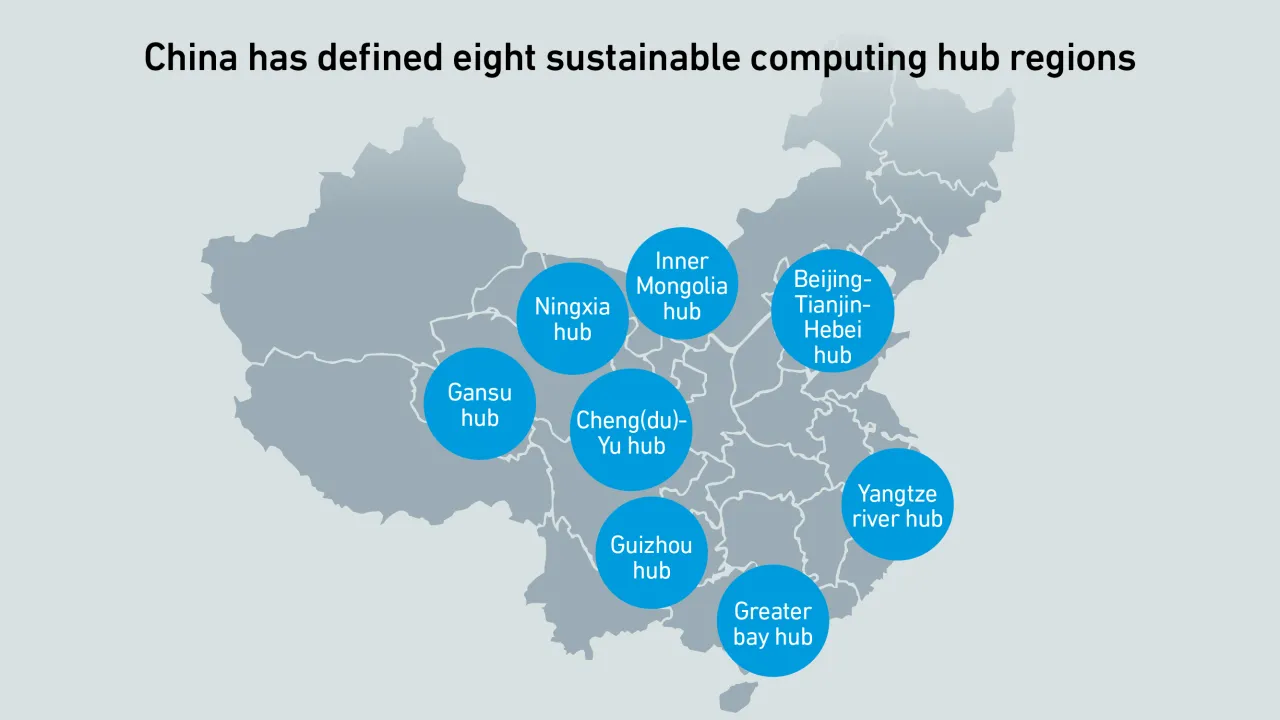
 Jacqueline Davis
Jacqueline Davis
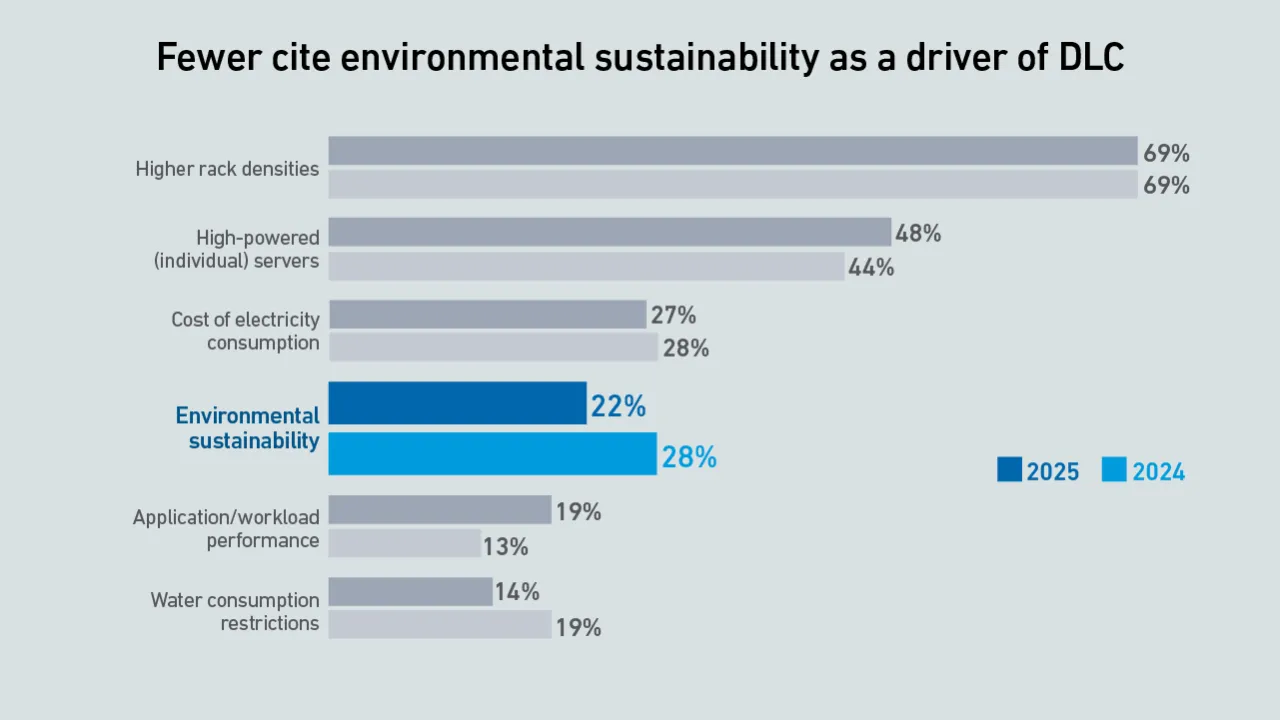
 Jay Dietrich
Jay Dietrich
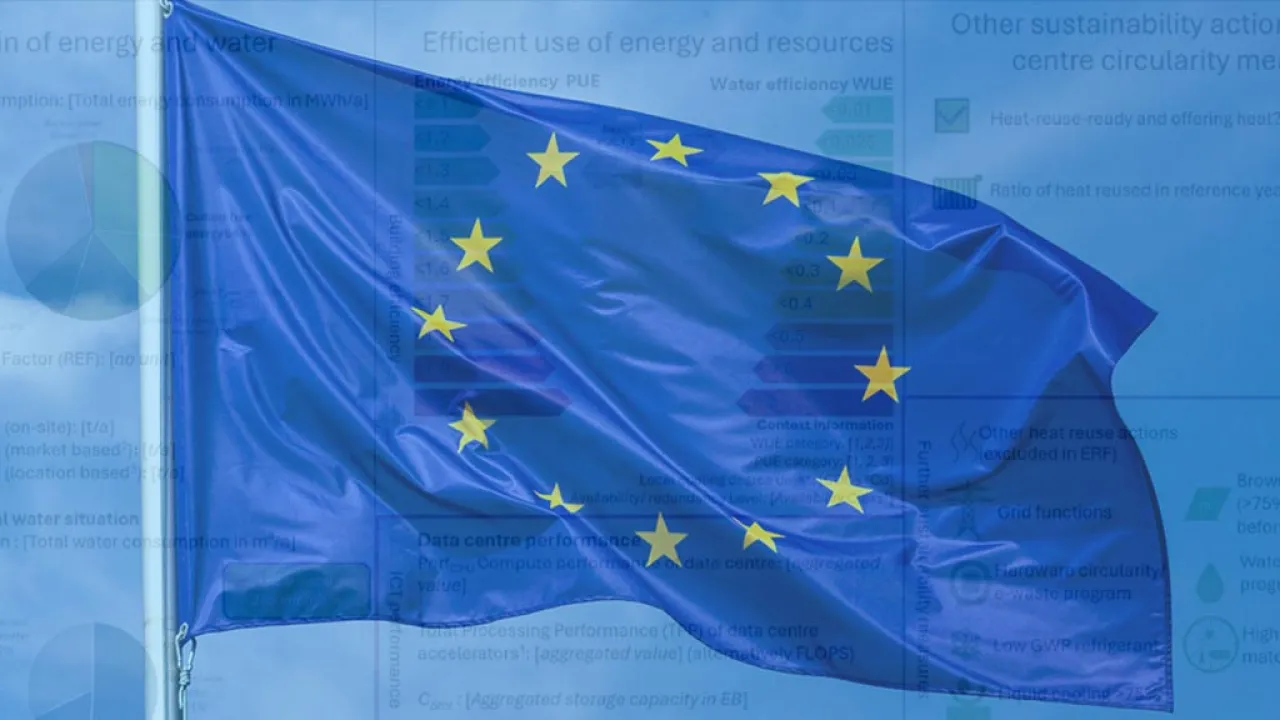
 Daniel Bizo
Daniel Bizo
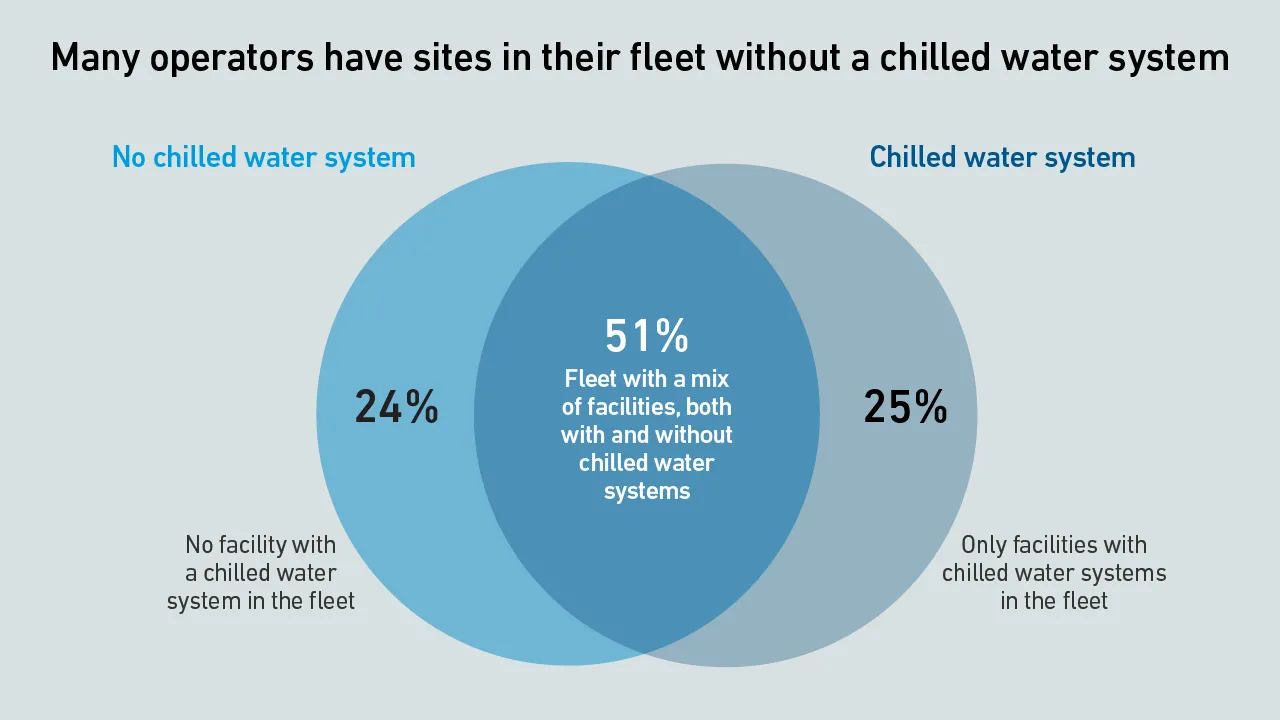
 Douglas Donnellan
Douglas Donnellan
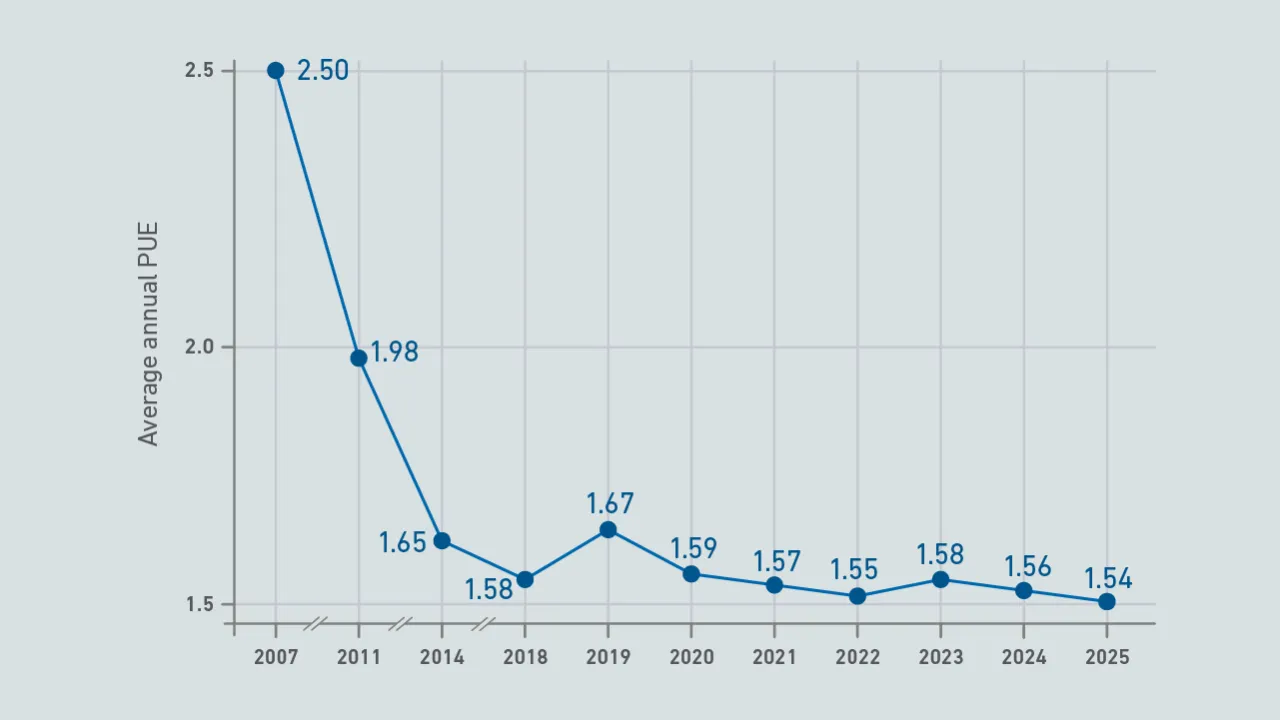
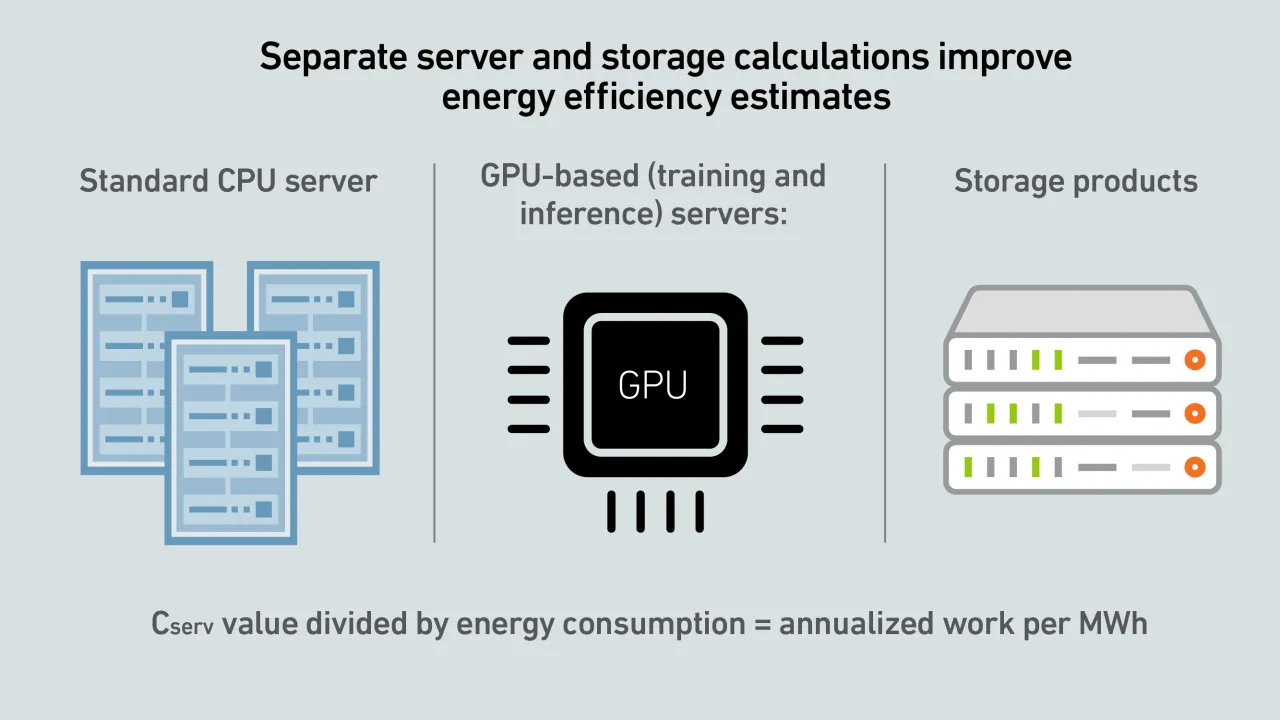
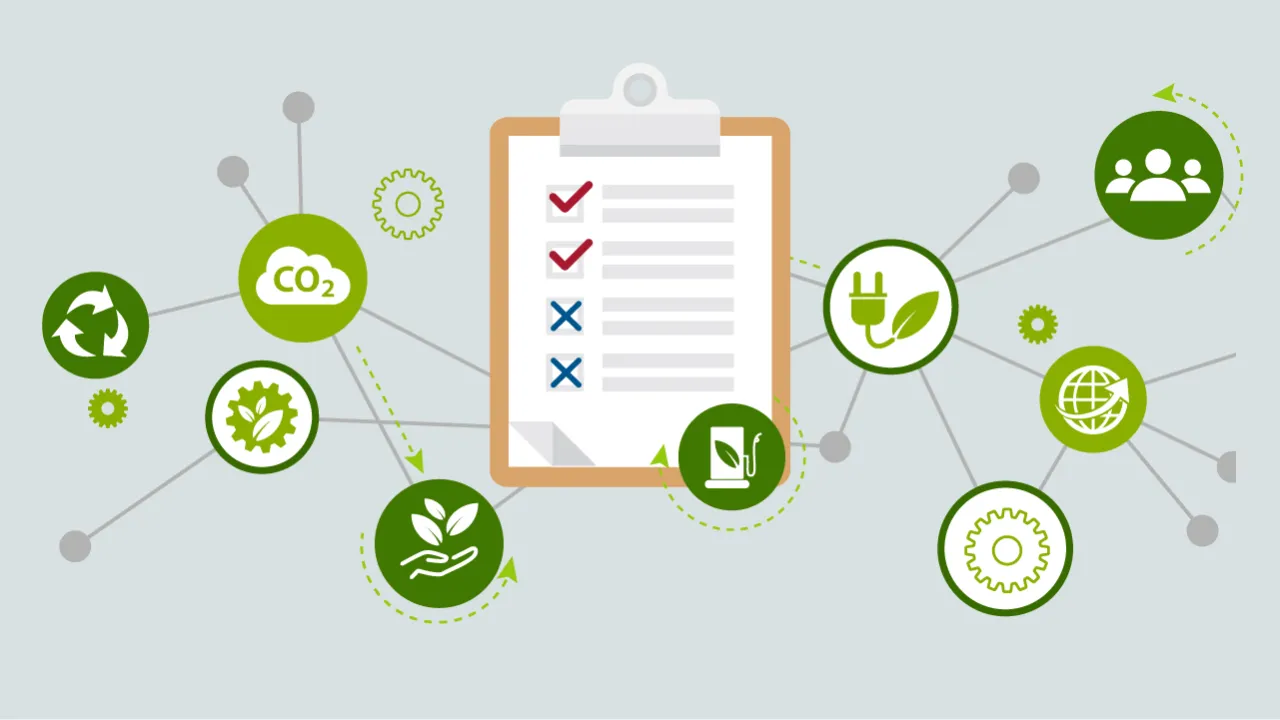
 Dr. Tomas Rahkonen
Dr. Tomas Rahkonen


 Dr. Rand Talib
Dr. Rand Talib
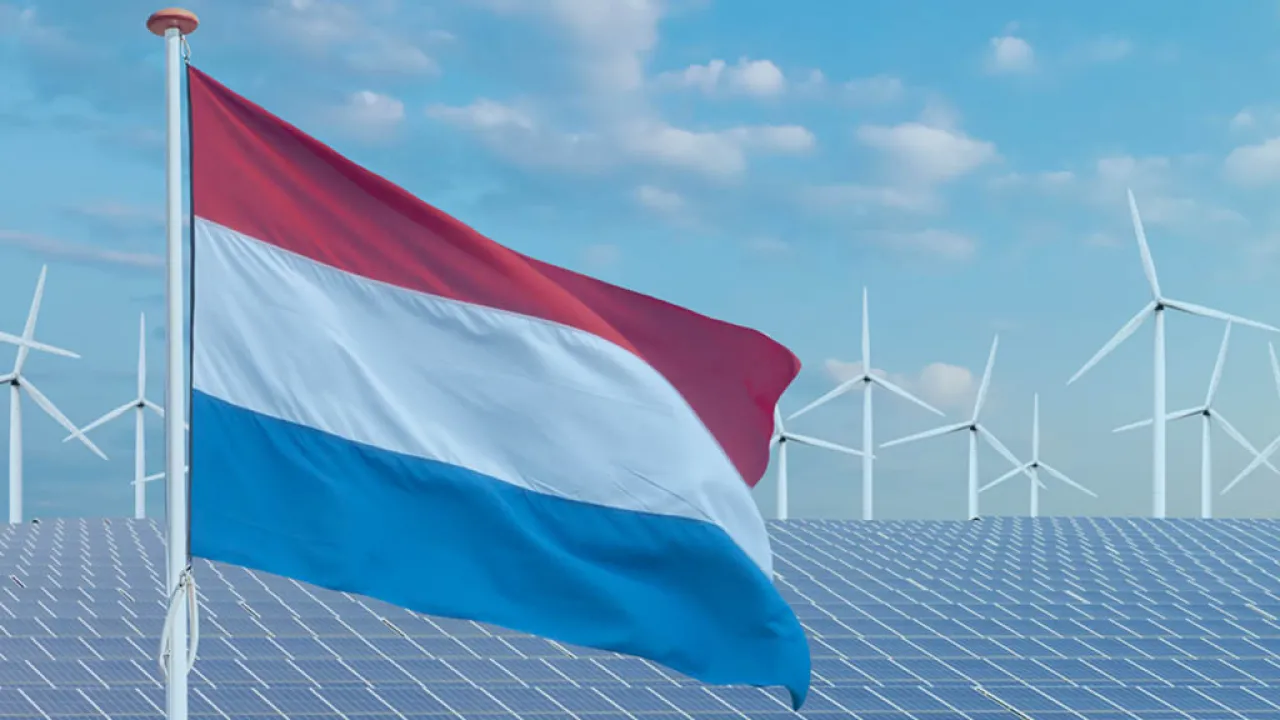
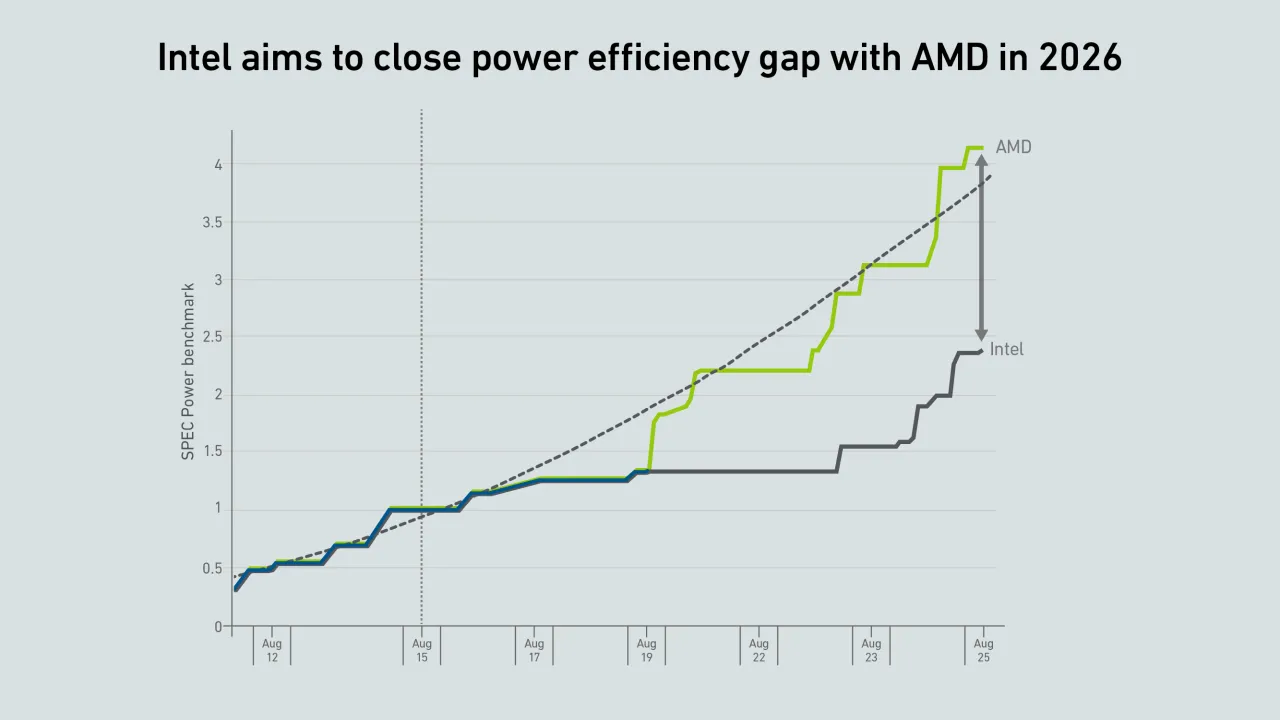
 Rose Weinschenk
Rose Weinschenk
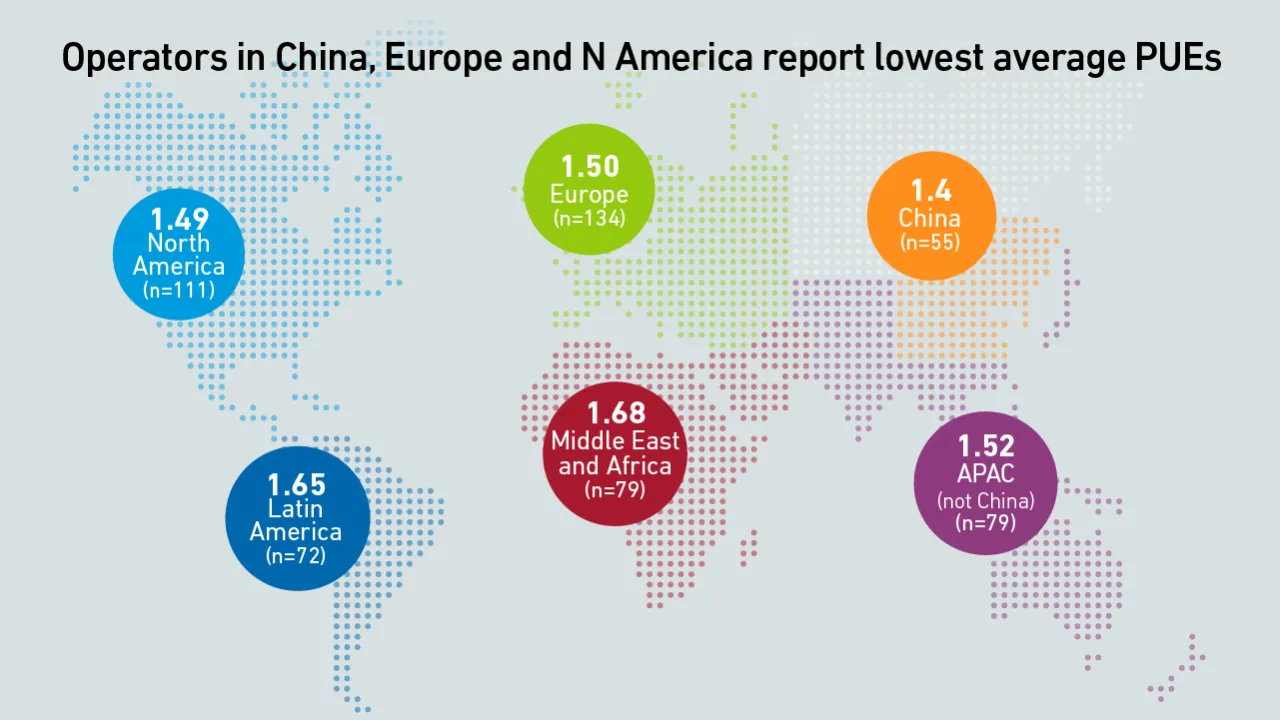
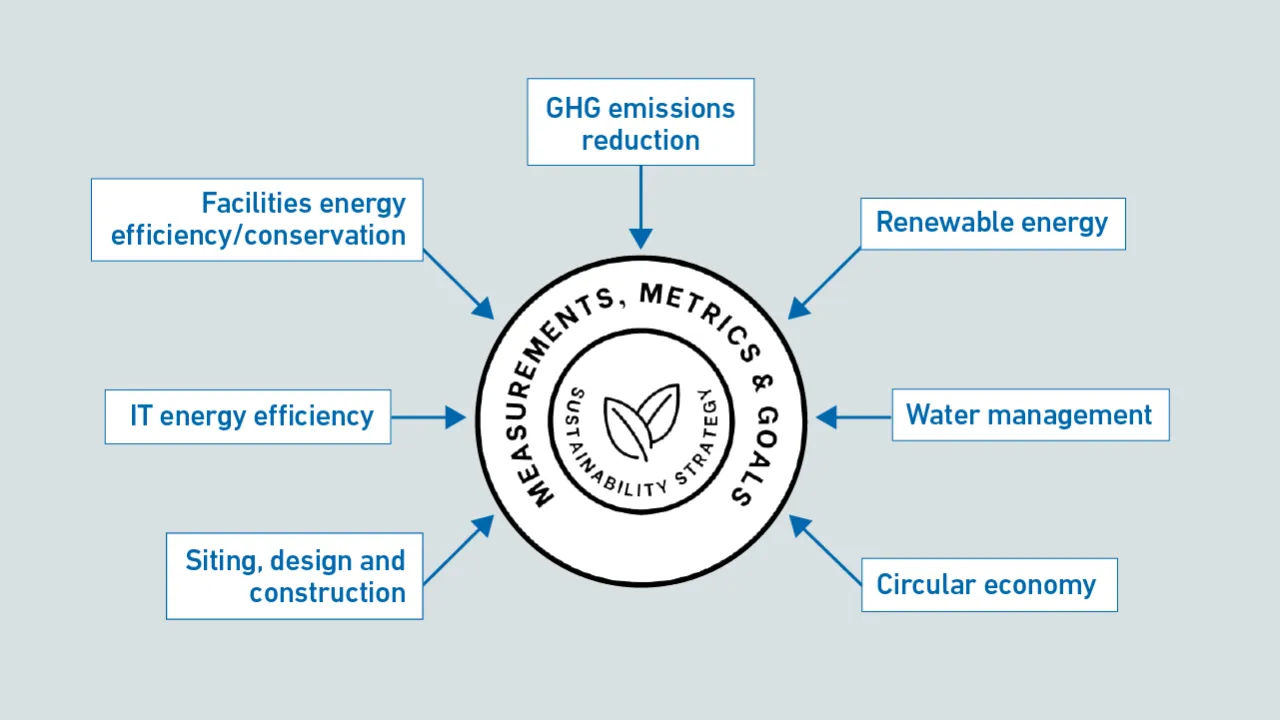
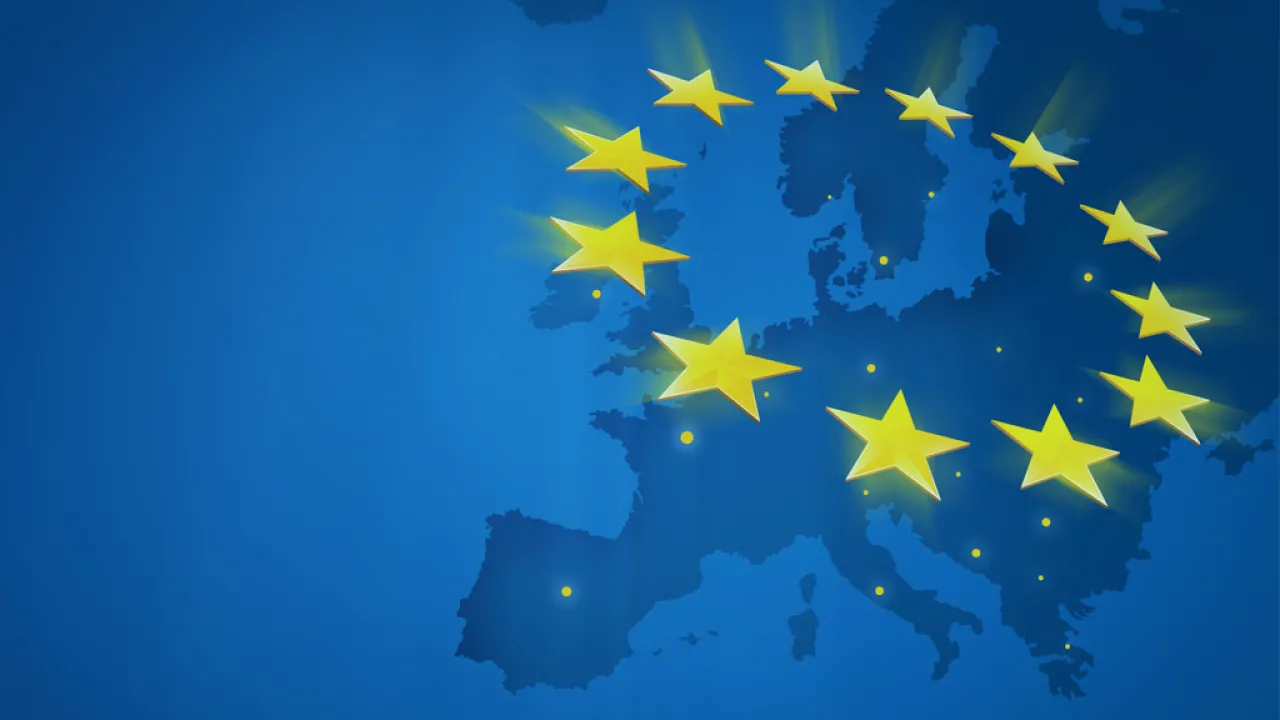
 Andy Lawrence
Andy Lawrence
 Max Smolaks
Max Smolaks
